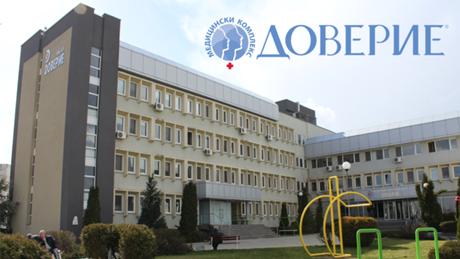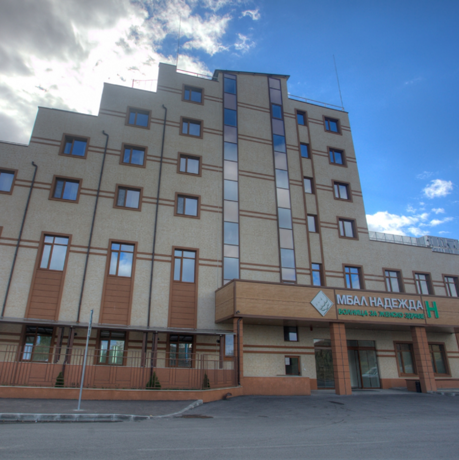
A continued shortage of sleep negatively affects the general condition and general well-being tone of the people - this is something that we usually know from personal experience. Deprivation of quality rest at night, in combination with daily stress, can cause discomfort and also make you vulnerable to various diseases. Systematic lack of sleep can lead to increased blood pressure in people over 25 years of age, a medical study cited by the BBC says.
According to a team of researchers at the University of Chicago even an hour less sleep can lead to increased risk of hypertension. Doctors and scientists have studied people who (for various reasons, incl. insomnia) were sleep deprived periodically for a period of five years. The results indicate an increased risk of high blood pressure targets 37%. According to the study investigators strongly confirms the prevailing theory, according to which people who will usually wake up earlier than the 'usual' morning hours (i.e., between 8 and 9 AM) tend to be more vulnerable and suffer more frequently from hypertonia* and generally higher levels of blood pressure. The target group also showed to be more prone to obesity and gaining weight easier, as a result of metabolic disorders.
'The surveyed people who did not receive the necessary amount of sleep over an extended period of time - in this case five years and more, refer to the risk group in terms of hypertension,' says Kristen Knutsen (University of Chicago), in which the survey was conducted. It adds that under the 'normal' sleep duration should be considered resting between seven and nine hours along the day.
In the study, doctors encountered and other interesting tendency. They found out that men are indeed more vulnerable to sleep problems, and are also in a greater risk of developing hypertension problems at an early age.
*'Hypertonia is a term sometimes used synonymously with spasticity in the literature surrounding damage to the central nervous system, namely upper motor brain lesions. Impaired ability of damaged motor neurons to regulate descending pathways gives rise to disordered spinal reflexes, increased excitability of muscle spindles, and decreased synaptic inhibition. These consequences result in abnormally increased muscle tone of symptomatic muscles.'
Posted by : mediKa.bg











